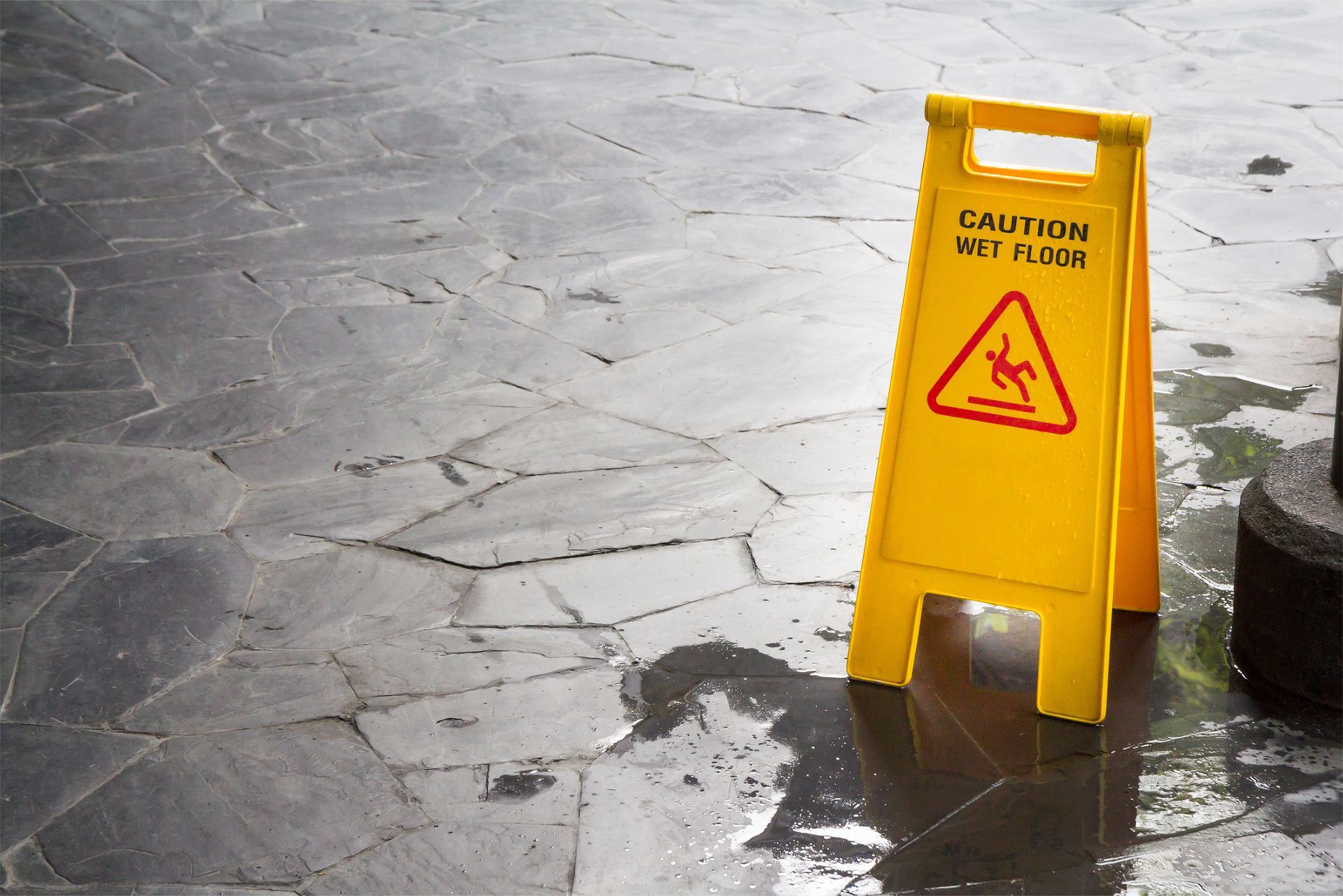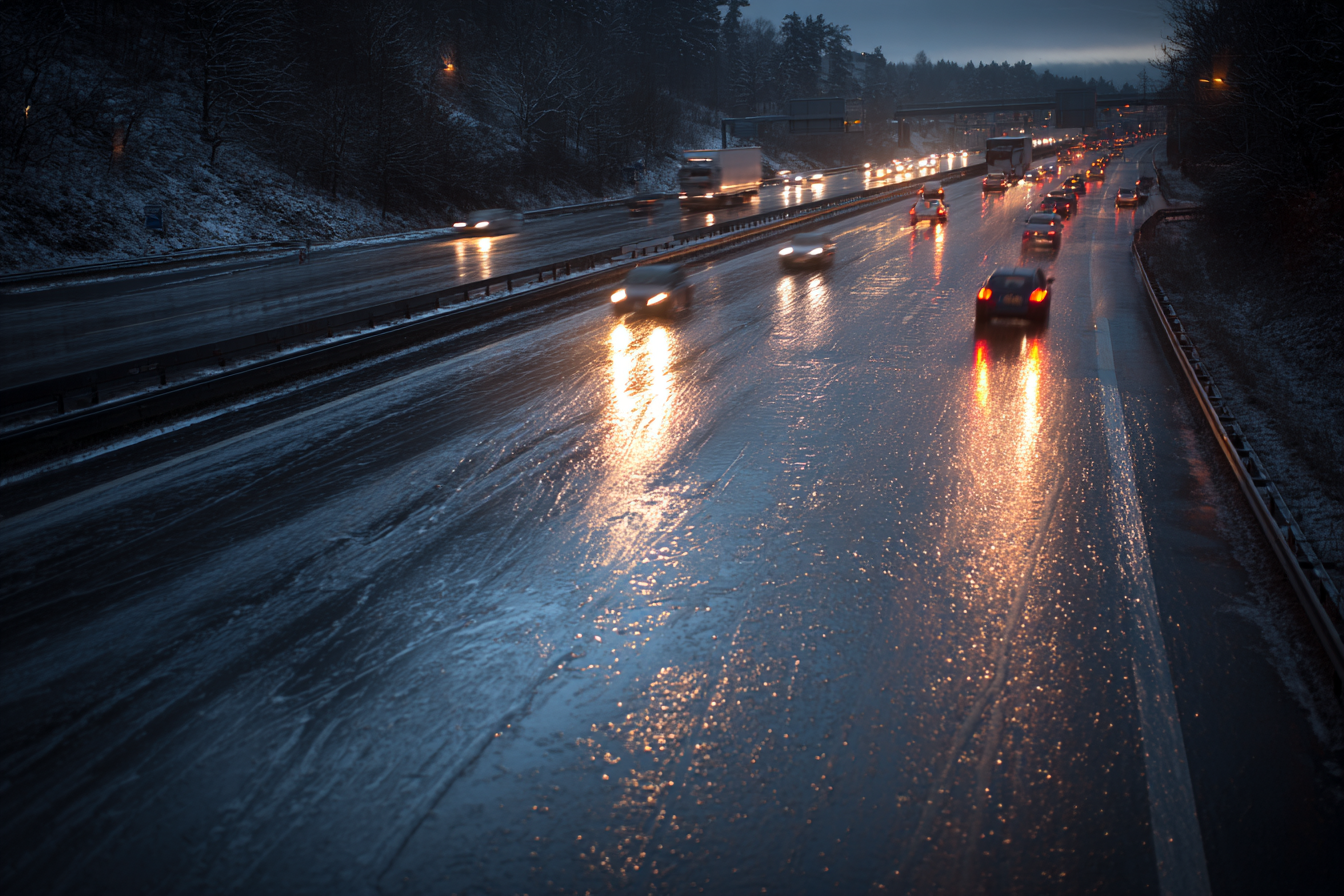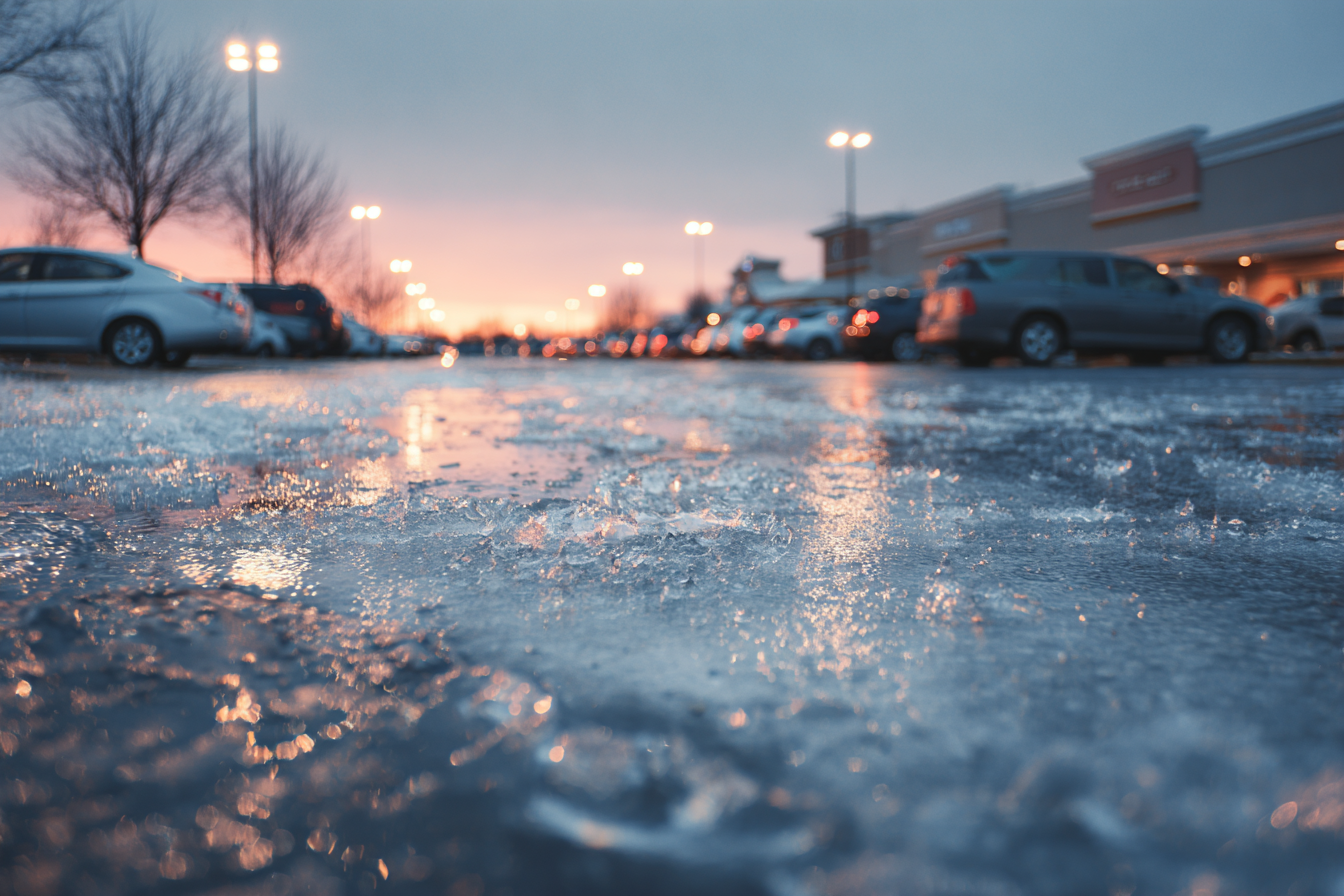Slip and Fall Accidents in Connecticut: Top 10 Questions for Attorneys
Property owners have a duty to keep their premises safe and free from hazards. If they do not, then they may be held liable for any injuries that occur due to hazardous conditions on the property.
Slip and fall accidents are one type of hazard that can cause significant harm to victims—including broken bones, head injuries, and even death.
What are the top 10 slip-and-fall questions and answers for attorneys?

What constitutes an unsafe condition that can lead to a slip and fall accident?
An unsafe condition could include wet floors, ice on a walkway, torn carpeting or rugs, uneven surfaces or stairs, loose handrails, poor lighting or inadequate maintenance of the property.
How much time does a person have to file a slip and fall injury claim in Connecticut?
In Connecticut, an injured party typically has two years to bring a lawsuit for damages as a result of a slip and fall accident.
How can victims prove negligence in a slip-and-fall case?
To prove negligence, the victim must demonstrate that the property owner had knowledge or should have reasonably known about an existing hazard on their property, and that they failed to take reasonable steps to address the hazard.
Is comparative negligence considered in Connecticut slip-and-fall cases?
Yes, Connecticut follows a pure comparative negligence system. This means that the defendant’s liability for damages can be reduced by any degree to which the plaintiff is found to have been negligent in causing their own injuries.
What type of damages can a slip-and-fall victim recover?
Depending on the circumstances, victims may be able to recover medical expenses, lost wages, pain and suffering, and other related costs.
Is there a maximum amount of compensation for a slip and fall injury claim in Connecticut?
Some states have caps in place that limit the number of damages that can be recovered.
In Connecticut, there is no set maximum amount of compensation for a slip and fall injury claim. The amount of damages awarded in each case will depend on the extent of the victim’s injuries and any other costs associated with the incident.
How does liability shift when the injured party was trespassing on premises in Connecticut?
In general, a trespasser is not entitled to the same level of care as an invitee or licensee, and property owners may be able to avoid liability if the injured party was unlawfully on their premises. However, in some cases, landowners may still be liable for injuries suffered by trespassers under Connecticut’s recreational use statutes.
Does a warning sign or notice excuse property owners from liability in some cases?
In many jurisdictions, a warning sign may be viewed as evidence of the property owner’s attempt to protect visitors from potential hazards. However, depending on the circumstances, it may not absolve them from all liability for an injury sustained by a visitor.
How do you determine whether a property owner acted reasonably in maintaining their premises?
Courts typically use the standard of “reasonable care” to determine if property owners have met their obligation to keep visitors safe.
What kind of evidence is needed to win a slip and fall injury case?
Victims should provide evidence that demonstrates the existence of an unsafe condition, the property owner’s knowledge of the hazard, and that they failed to take reasonable steps to address it. Evidence such as photographs or witness statements can be used in court to help prove negligence.
What To Do If You Are a Slip-and-Fall Victim?
If you have suffered an injury due to a slip and fall accident, it is important to take action quickly. You should seek medical attention immediately for any injuries you have suffered and document any evidence that may help prove negligence on the part of the property owner. This would include taking photographs of the condition that caused your fall, such as black ice on a walkway or liquid on a floor, etc. Additionally, you should consult with an experienced Connecticut personal injury attorney who can assess your case and provide advice on how best to pursue a successful claim.
It's also a good idea to speak with a personal injury attorney who handles
slip and fall cases across Connecticut. Whether your injury happened at a business in
Suffield, on a
sidewalk in Enfield, or elsewhere in the region, an experienced attorney can help you navigate legal issues like negligence and liability. At Walker Injury Law, we’ve spent decades helping clients throughout local communities get the support and compensation they need.
Contact Walker Injury Law
Call
(860) 789-1000
Injured? Contact our team today to schedule a free case consultation.
Walker Injury Law Personal Injury Attorney Practice Areas
Share Article
Recent Articles



